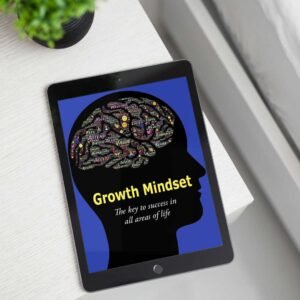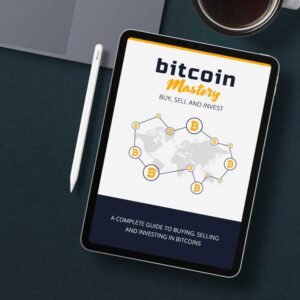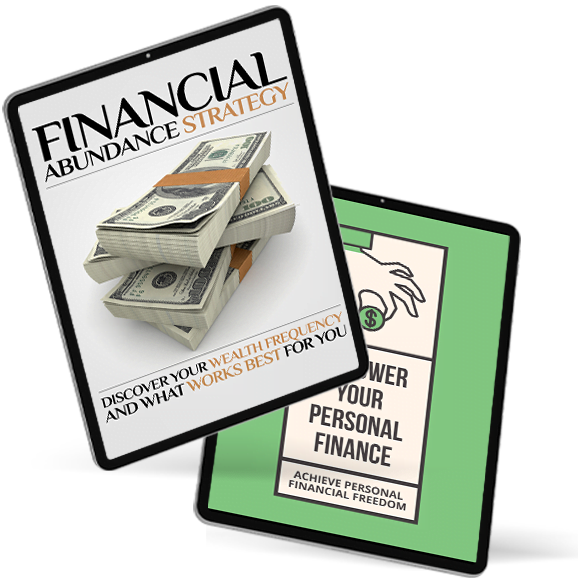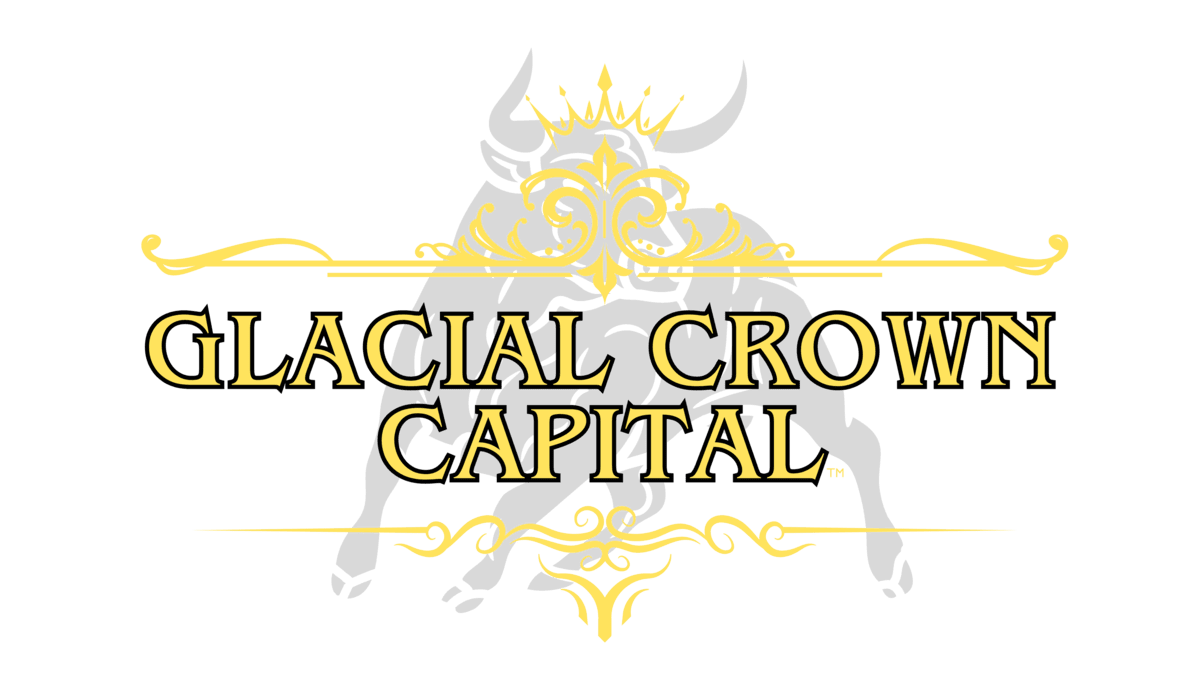The landscape of retirement planning has never been straightforward, but the current economic environment, characterized by fluctuating markets and shifting policy landscapes, adds layers of complexity to this already intricate journey.
For those aspiring to retire early, the challenge is twofold: not only must you accumulate sufficient wealth to sustain yourself over potentially decades, but you also need to do so in an economic climate that’s fraught with unpredictability.
Here, we explore strategies for securing an early retirement, even when the economic winds are changing direction unpredictably.

Understanding the New Retirement Reality
The traditional view of retirement is working until a fixed age, then living off a pension and savings. This is increasingly becoming a relic of the past. Today, life expectancy is longer, employment patterns are more fluid, and traditional pensions are less common. This has been replaced by the onus on individuals to manage their financial futures through personal savings and investments.
The recent economic fluctuations, including stock market volatility, changes in interest rates, and global economic policies, underscore the need for a robust, flexible retirement plan that can withstand or adapt to these changes.
Key Strategies for Early Retirement in an Uncertain Economy
Diversification is Key: Just like not putting all your eggs in one basket, investment diversification remains a cornerstone of retirement planning. This means spreading investments across different asset classes like stocks, bonds, real estate.
Jane, a software engineer, has diversified her portfolio with 60% in index funds, 20% in bond ETFs, 10% in real estate investment trusts (REITs), and 10% in emerging market funds, aiming to balance growth with stability.
Embrace the 4% Rule with Caution: The 4% rule suggests withdrawing 4% of your retirement savings annually, adjusting for inflation, to ensure your funds last. However, in a volatile market, this rule might need tweaking. Consider dynamic withdrawal strategies where you adjust your withdrawal rate based on market performance.
After a particularly poor market year, Tom reduces his withdrawal rate to 3% to give his portfolio time to recover, thus preserving his capital for longer.
Leverage Tax-Advantaged Accounts: Utilize accounts like Roth IRAs for tax-free growth, especially if you anticipate being in a higher tax bracket during retirement, or if tax rates might increase. Traditional IRAs or 401(k)s can be beneficial if you expect your tax rate to decrease in retirement.
Maria maximizes her contributions to her Roth IRA each year, knowing that her withdrawals in retirement will be tax-free, providing her with more flexibility in her early retirement years.
Consider the FIRE Movement: Financial Independence, Retire Early (FIRE) advocates saving and investing aggressively to achieve financial independence much earlier. This often involves saving 50-70% of income, living frugally, and investing in assets with high growth potential.
Alex and Sam, both in their 30s, follow the FIRE principles by living below their means, renting out a portion of their home, and investing heavily in low-cost index funds, aiming to retire in their early 40s.
Strategies for Early Retirement During Economic Uncertainty
Geoarbitrage: Retiring to a location where the cost of living is lower can significantly extend the longevity of your retirement savings. This strategy can be particularly effective if you’re open to moving abroad or to a less expensive region within your country.
Example: After retiring, David moves from San Francisco to Chiang Mai, Thailand, where his savings can afford him a comfortable lifestyle for much longer due to the lower cost of living.
Health and Long-Term Care Planning: Health care costs can be a major expense in retirement. Consider health savings accounts (HSAs) if available, and look into long-term care insurance to cover potential future needs.
Example: Linda starts contributing to an HSA while still working, which allows her to pay for medical expenses tax-free in retirement, significantly reducing her financial burden.
Part-Time Work or Passion Projects: Early retirement doesn’t mean you stop working entirely. Many find part-time work or start businesses that align with their passions, which not only supplements income but also keeps them mentally and socially active.
Example: After retiring from corporate life, Neil opens a small coffee shop, which provides not just extra income but also a sense of community and purpose.
Stay Informed and Flexible: Economic policies, especially those related to taxation, social security, and healthcare, can change. Staying informed allows for timely adjustments in your strategy.
Example: When tax laws change, Emily consults with her financial advisor to rebalance her portfolio between taxable and tax-deferred accounts to optimize her tax situation.

Thoughts
Retiring early in an uncertain economy demands a strategic, informed approach that’s both proactive and reactive. It requires a blend of disciplined saving, smart investing, lifestyle adjustments, and perhaps most importantly, a mindset that embraces change.
By employing these strategies, individuals can not only aim for early retirement but also ensure that their retirement years are financially secure, no matter the economic climate. The essence of modern retirement planning isn’t just about amassing enough wealth but also about ensuring that this wealth is resilient, adaptable, and sustainable over what could be a very long retirement phase.



















